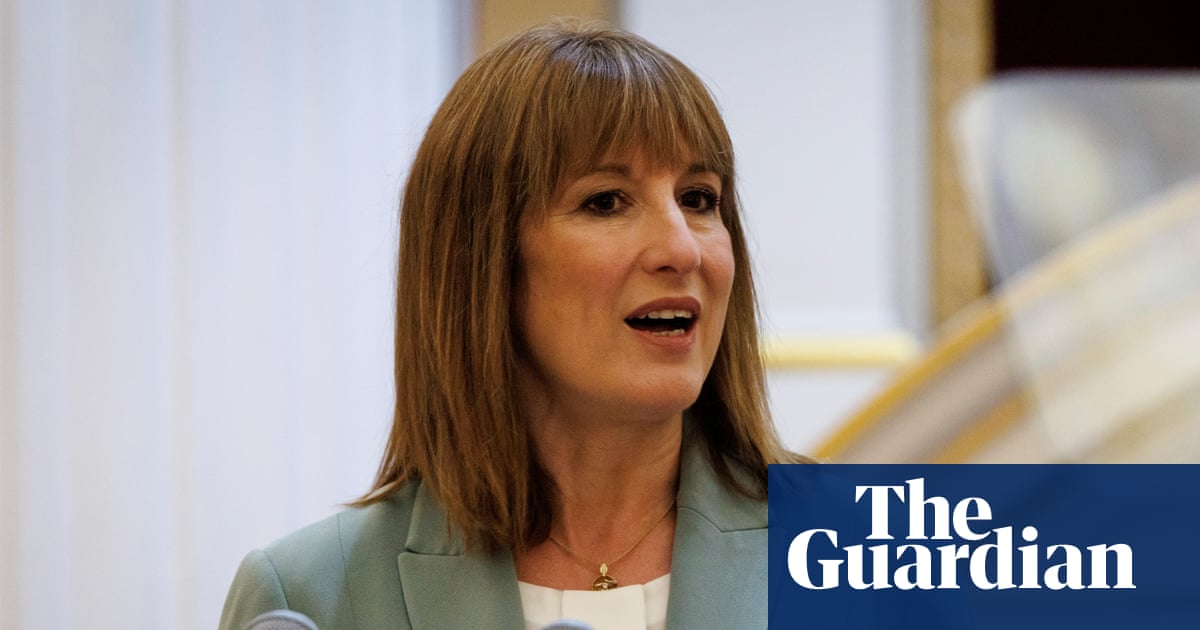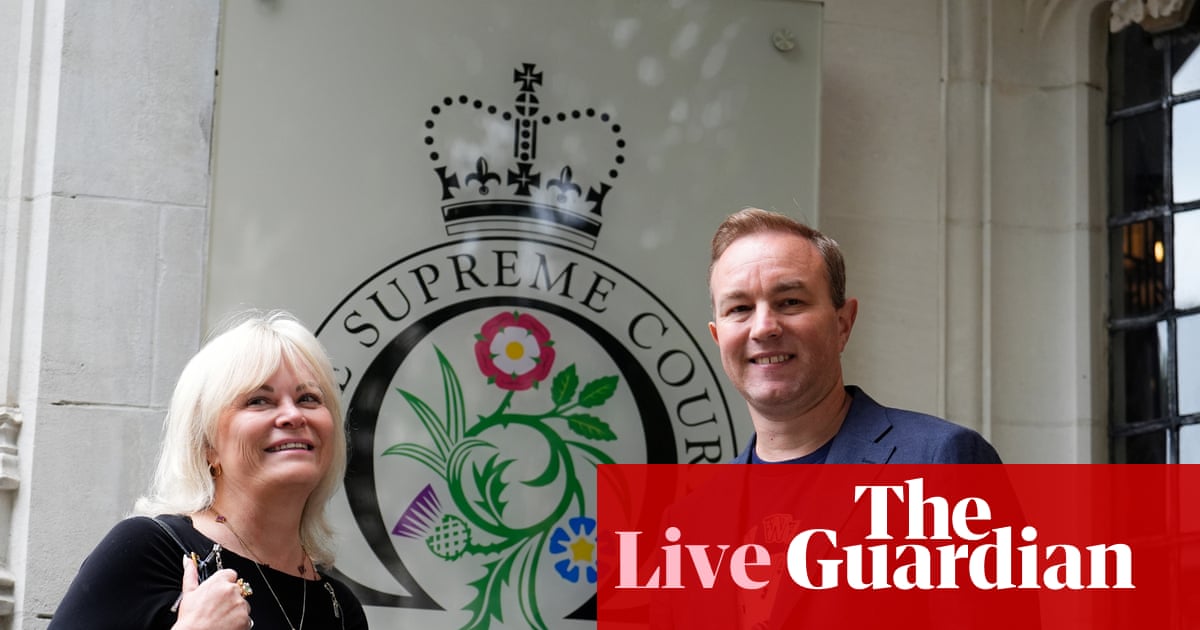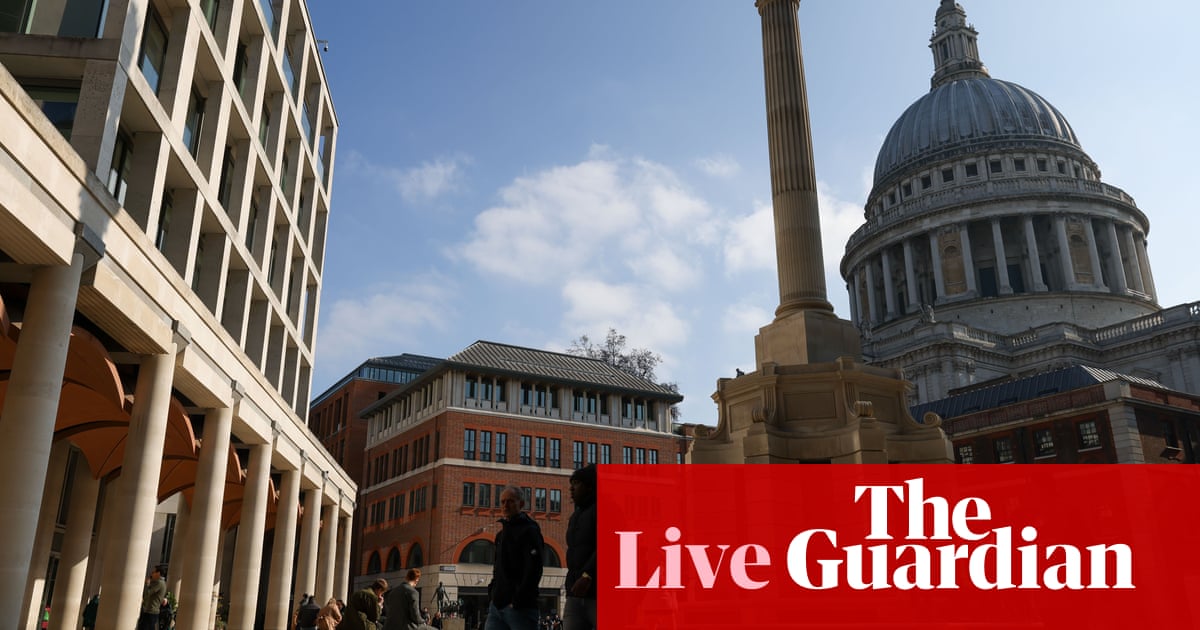T4K3.news
Government borrowing reaches record high
UK government borrowing hits £20.684 billion, the second highest since 1993.

Government borrowing is now at its second-highest level due to increased debt interest payments.
Government borrowing hits record levels amid rising costs
Government borrowing escalated sharply last month, reaching £20.684 billion, the second-highest figure since records began in 1993, according to the Office for National Statistics. This surge was driven primarily by soaring costs associated with public services and interest payments on existing government debt, outpacing the growth in tax revenues from income tax and national insurance. The recent figure is nearly £4 billion higher than what economists had predicted prior to the release. It underscores a continuing trend, as June's borrowing exceeded the same month last year by more than £6 billion. Chancellor Rachel Reeves faces increasing pressure and is expected to raise taxes this autumn in an attempt to close the widening gap between government income and expenditures.
Key Takeaways
"Autumn tax hikes are likely and will probably be backloaded."
This quote from Rob Wood reflects expectations of tax increases due to rising debt levels.
"We are committed to tough fiscal rules, so we do not borrow for day-to-day spending and get debt down as a share of our economy."
Darren Jones emphasizes the government's commitment to fiscal discipline amid rising borrowing costs.
The rise in government borrowing highlights significant challenges for the UK economy, particularly in balancing fiscal responsibility with the demand for public services. Chancellor Reeves's commitment to reducing debt by 2030 comes under scrutiny as pressures mount for tax increases. Analysts predict that without tax hikes, the government risks exacerbating fiscal instability. This scenario reflects broader economic trends, demonstrating the delicate balance policymakers must maintain between funding vital services and managing public debt responsibly.
Highlights
- Overspending is leading to significant borrowing deficits.
- High borrowing puts immense pressure on the Chancellor's fiscal rules.
- Tax hikes are on the horizon as borrowing reaches new heights.
- The gap between income and expenditure is growing dangerously.
Escalating government borrowing raises fiscal concerns
The rapid increase in government borrowing signals potential fiscal instability, prompting the need for tax increases and stricter financial measures.
The ongoing fiscal challenges will continue to shape economic policies in the upcoming months.
Enjoyed this? Let your friends know!
Related News

Ghana mine troubles affect British investment and workers

New mortgage rules boost UK home buying

UK borrowing rises unexpectedly putting pressure on Chancellor

Tory MP criticizes Starmer's handling of asylum seekers

Supreme Court overturns convictions of two City traders

Mortgage approvals increase as housing market stabilizes
Beef prices reach all-time highs

FTSE 100 share index reaches 9,000 points
